
Understanding Suicide & Who’s at Risk
Suicide Prevention
Suicide attempts aren’t a cry for attention, and not all people who have suicidal thoughts are depressed. It can affect anyone, so prevention starts with education. We can all do our part to help prevent suicide in South Dakota.
Who’s at Risk?
A range of factors can increase the risk of suicide. These risk factors are situations or problems that can increase the possibility that a person will attempt suicide.
- Previous suicide attempt
- History of depression and other mental health conditions
- Serious physical illness such as chronic pain
- Workforce, such as first responders, law enforcement and child services
- Substance use
- Bullying
- Loss of a loved one to suicide
- Domestic violence
- Grief
- Feelings of isolation
- Easy access to lethal means among people at risk

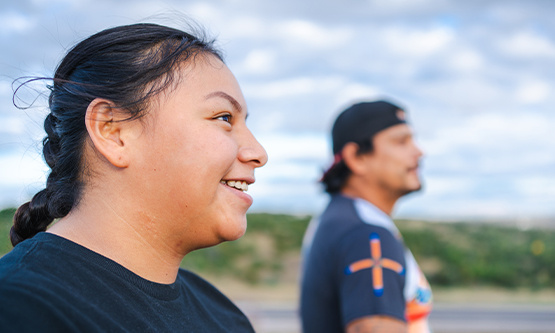
Don't Ignore the Signs
Start the Conversation
The number one thing you can do to prevent suicide is to talk about it. No matter how small the act may seem, a conversation can save a life. Talking about suicide will not give someone the idea of suicide. It helps them feel seen and supported. If you’re concerned that someone’s been thinking about suicide, be there for them and just ask.
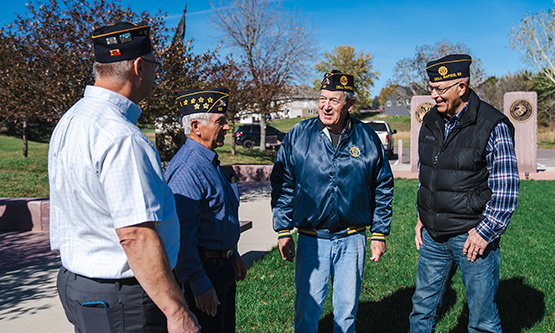
Talking about suicide doesn’t increase the chance of someone acting on it.
Talking about suicide doesn’t increase the chance of someone acting on it.

Warning Signs to Look For
If you’re aware of the signs that someone is experiencing suicide thoughts, you’re in a better position to help.
- Talking about feeling trapped or being in unbearable pain
- Talking about being a burden to others
- A lack of interest in activities
- For students, dropping out of clubs, missing school or letting grades dip
- Withdrawal or aggression after a painful event or situation
- Disturbing posts on social media or a sudden shut down of accounts
- Concerning texts
- Drawings or writing about death or dying
What to Say
If someone is experiencing suicidal thoughts, you can help them feel supported and less alone. Don’t be afraid to ask them if they’re thinking of suicide; research shows that it does not increase the risk of it happening. In fact, asking a person directly shows you care and may encourage the person to open up.
- Are you thinking about ending your life?
- I’m listening
- Suicidal thoughts aren’t uncommon. Talking about it helps
- I’m listening, and I’m here for you
- I care about you, and you matter to me
- There’s no problem too big for us to get through together
- Can I stay with you? I want to help you get help
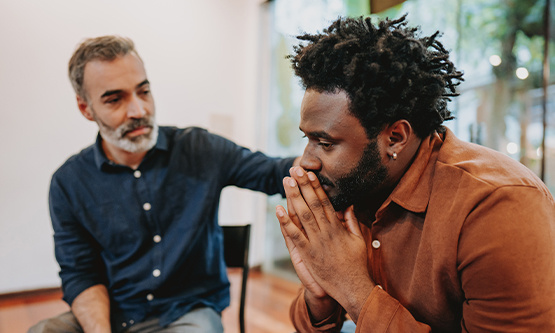
Are you having suicidal thoughts? Here's how to start the conversation.
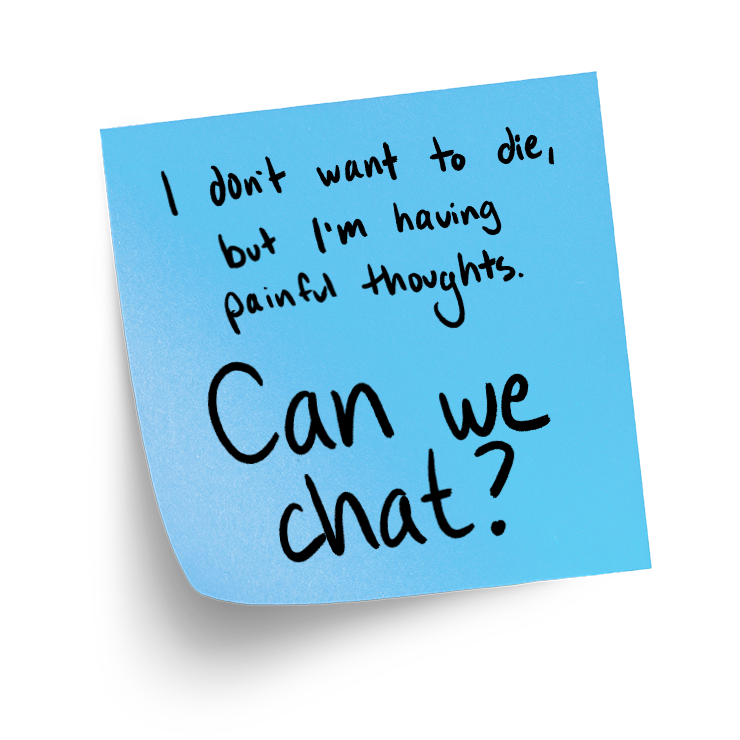
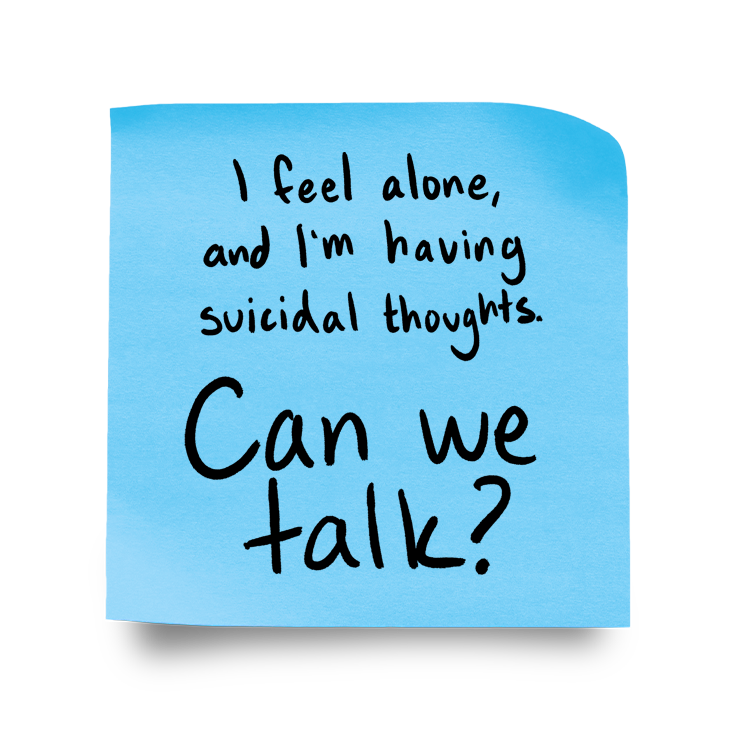
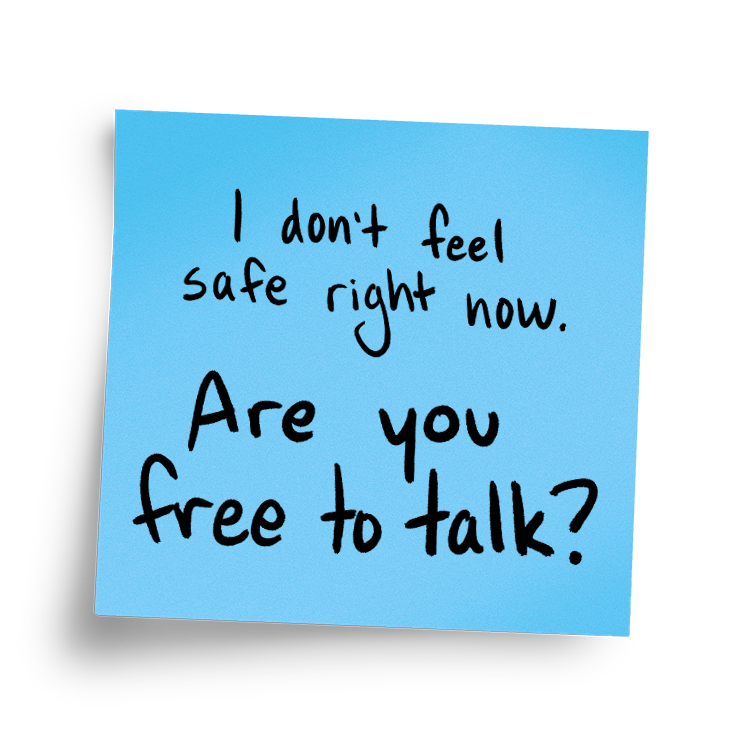
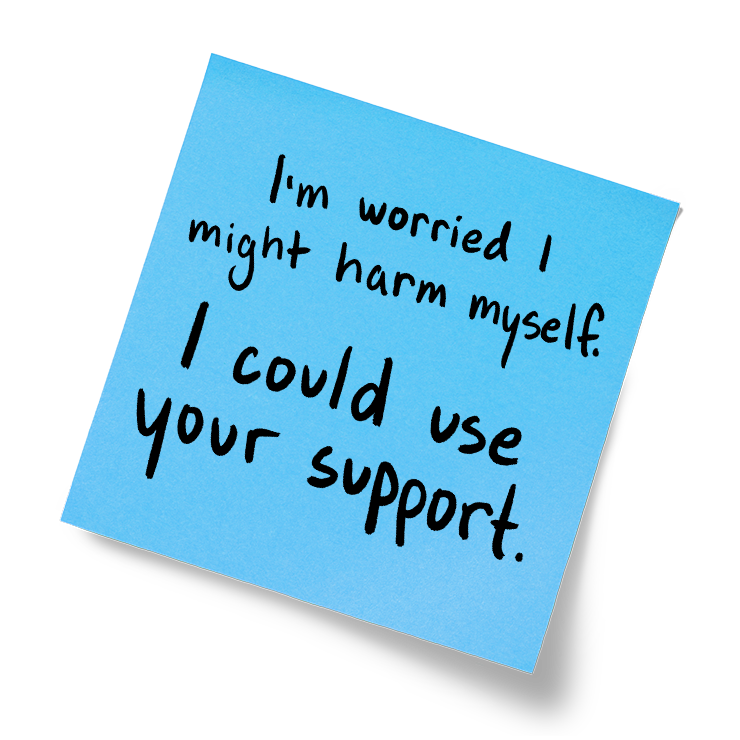
Stop the Stigma
Talking openly about suicide is a key part of prevention. It’s also important to use person-first language that acknowledges the person beyond their suicidal thoughts. Read more about talking about suicide safely.
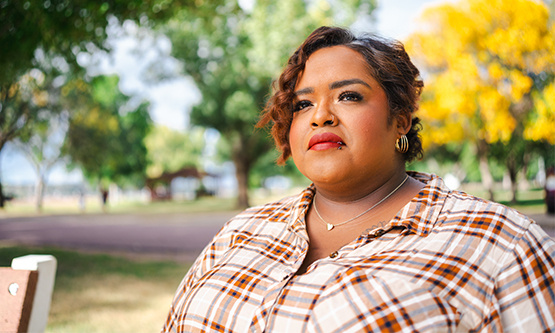
What's a Safety Plan?
A Safety Plan is a proactive, written list of steps you can take when you’re having thoughts of suicide. Typically, the plan includes triggers, coping strategies and sources of support that you can turn to before or during a suicidal crisis. Learn more about safety plans and how to create one.
Find Help Here
Suicide Prevention Resources
For immediate guidance, call, text or chat 988 for any mental health-related distress, substance use concern or suicide crisis. South Dakota Behavioral Health also contracts with providers across the state, connecting you with resources, treatment options, crisis care and more.
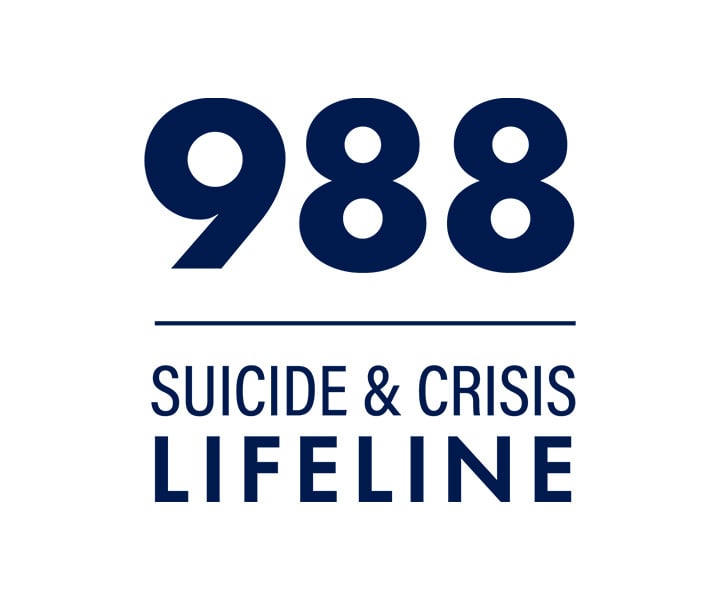
988
Lifeline
Learn more about who responds to 988 and how to call, text or chat for help.
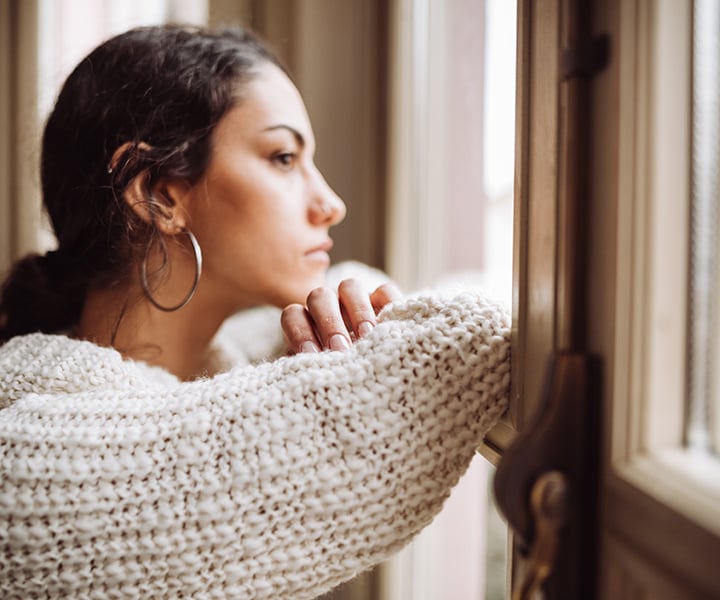
Mental Health
Treatment
Find resources for mental health treatment, like counseling and therapy in South Dakota.
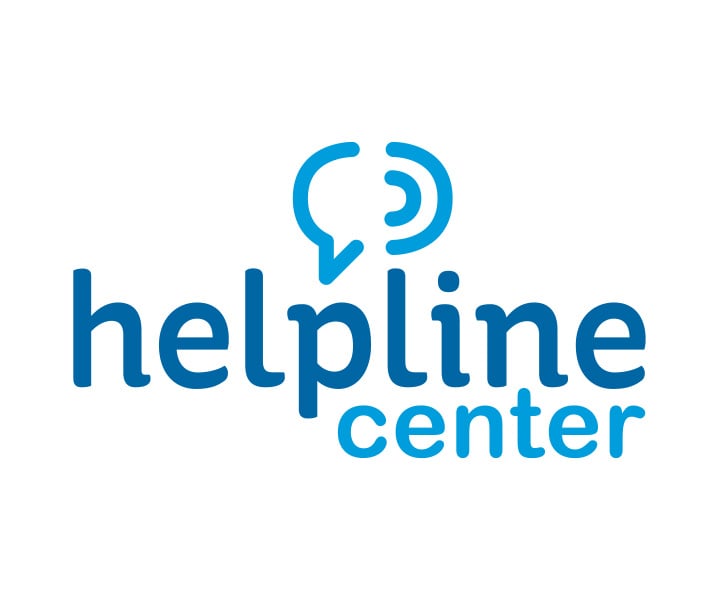
Suicide Loss & Grief Services
Lean on the support of others with groups for suicide loss and survivors of suicide attempt.
